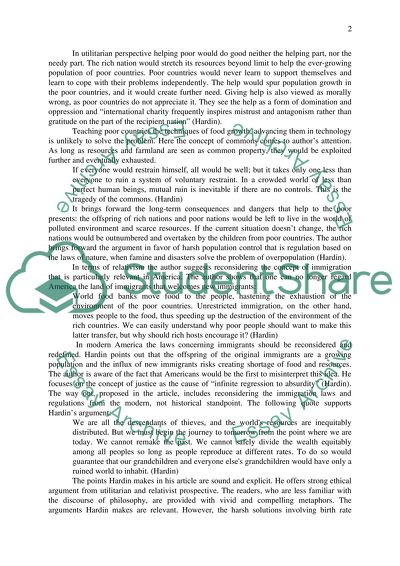Cite this document
(“Moral Journeys Philosophy Essay Example | Topics and Well Written Essays - 1250 words”, n.d.)
Retrieved from https://studentshare.org/philosophy/1448399-moral-journeys
Retrieved from https://studentshare.org/philosophy/1448399-moral-journeys
(Moral Journeys Philosophy Essay Example | Topics and Well Written Essays - 1250 Words)
https://studentshare.org/philosophy/1448399-moral-journeys.
https://studentshare.org/philosophy/1448399-moral-journeys.
“Moral Journeys Philosophy Essay Example | Topics and Well Written Essays - 1250 Words”, n.d. https://studentshare.org/philosophy/1448399-moral-journeys.


